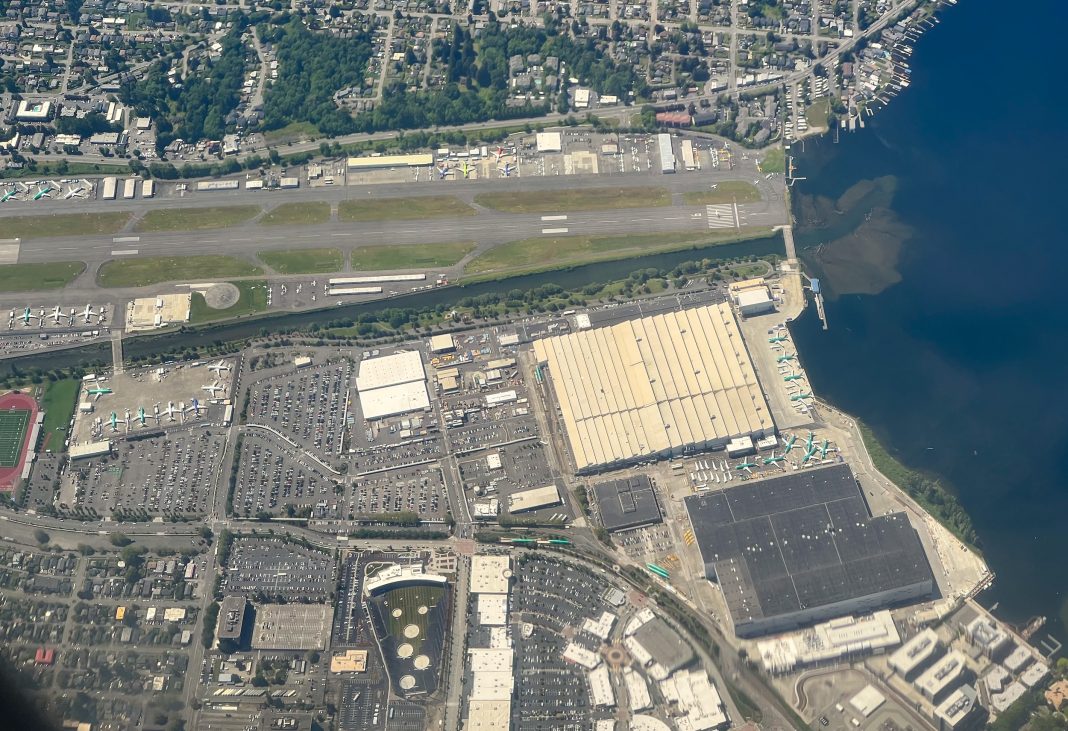 Boeing’s Safety Culture Under Scrutiny: FAA Testifies Before Senate Committee
Boeing’s Safety Culture Under Scrutiny: FAA Testifies Before Senate Committee
In a testimony before the U.S. Senate Committee on Commerce, Science, and Transportation, Michael Whitaker, the administrator for the Federal Aviation Administration (FAA), shed light on Boeing’s safety culture and the agency’s oversight of the company’s aviation manufacturing. The catalyst for this scrutiny was an incident on January 5 involving an Alaska Airlines flight, where a door panel blew off a Boeing 737 Max 9 shortly after takeoff.
Whitaker acknowledged that the FAA had been too “hands-off” with Boeing prior to the incident, stating that the agency should have had better visibility into the company’s operations. He emphasized that this incident marked a “fundamental shift” in Boeing’s safety culture. As a result, the FAA took action by imposing production caps on the 737 Max and giving Boeing 90 days to submit a comprehensive safety plan.
Despite the production caps, Boeing has yet to reach a level of compliance that would warrant their removal. Whitaker made it clear that the FAA’s oversight approach has changed permanently. The agency now follows an “audit-plus-inspection approach” to gain better insight into Boeing’s operations.
However, some senators expressed concerns about the effectiveness of these measures. Senator Maria Cantwell of Washington highlighted that 97 instances were identified at Boeing where products did not meet FAA standards. While the 90-day plan was implemented to reform production quality, Cantwell questioned if it would truly lead to a significant change in Boeing’s quality control practices.
Similarly, Senator Ted Cruz of Texas remained skeptical about Boeing’s commitment to safety reforms and the FAA’s previous oversight failures. He stressed that the FAA must not only certify aircraft designs but also ensure that manufacturers build them according to those safe designs.
The testimony concluded with Whitaker stating his personal commitment to overseeing Boeing’s transformation of its safety culture and address production quality issues.
This incident and subsequent testimony highlight the need for a robust safety culture in the aviation industry. It also emphasizes the importance of effective oversight by regulatory agencies like the FAA. By implementing stricter inspections and a more hands-on approach, the FAA aims to prevent similar incidents from occurring in the future. However, it remains to be seen if these measures will be enough to restore public confidence in Boeing’s manufacturing capabilities and position the United States as a leader in aviation safety.


